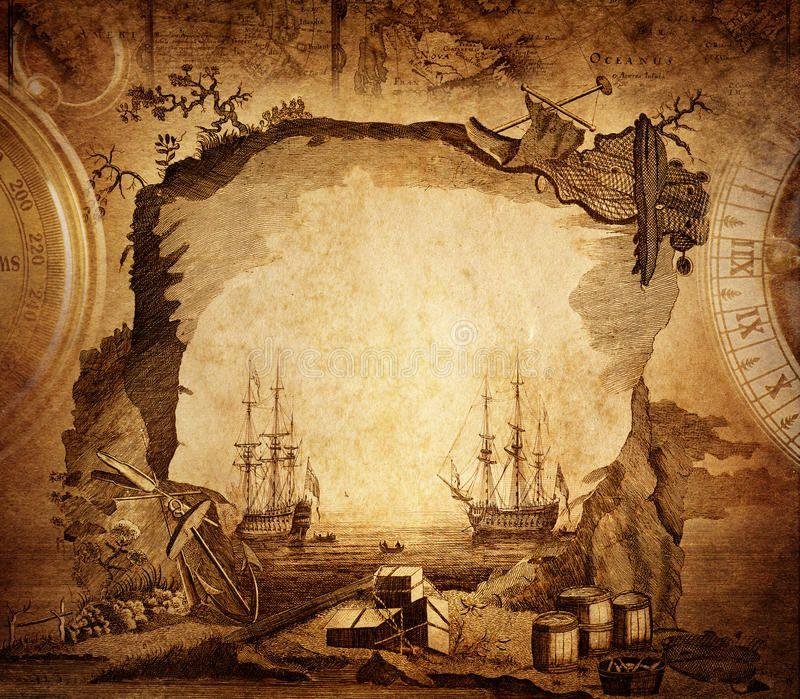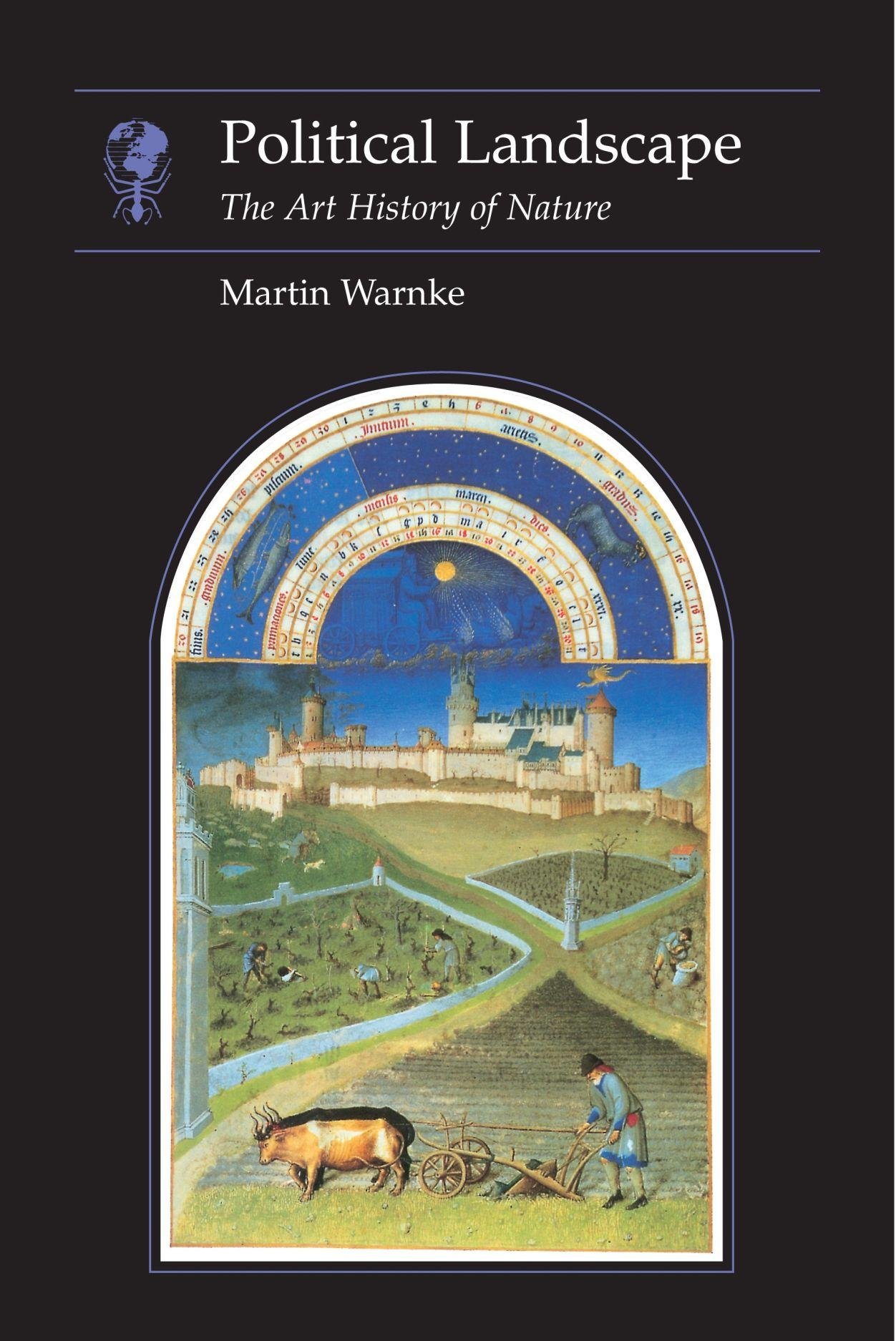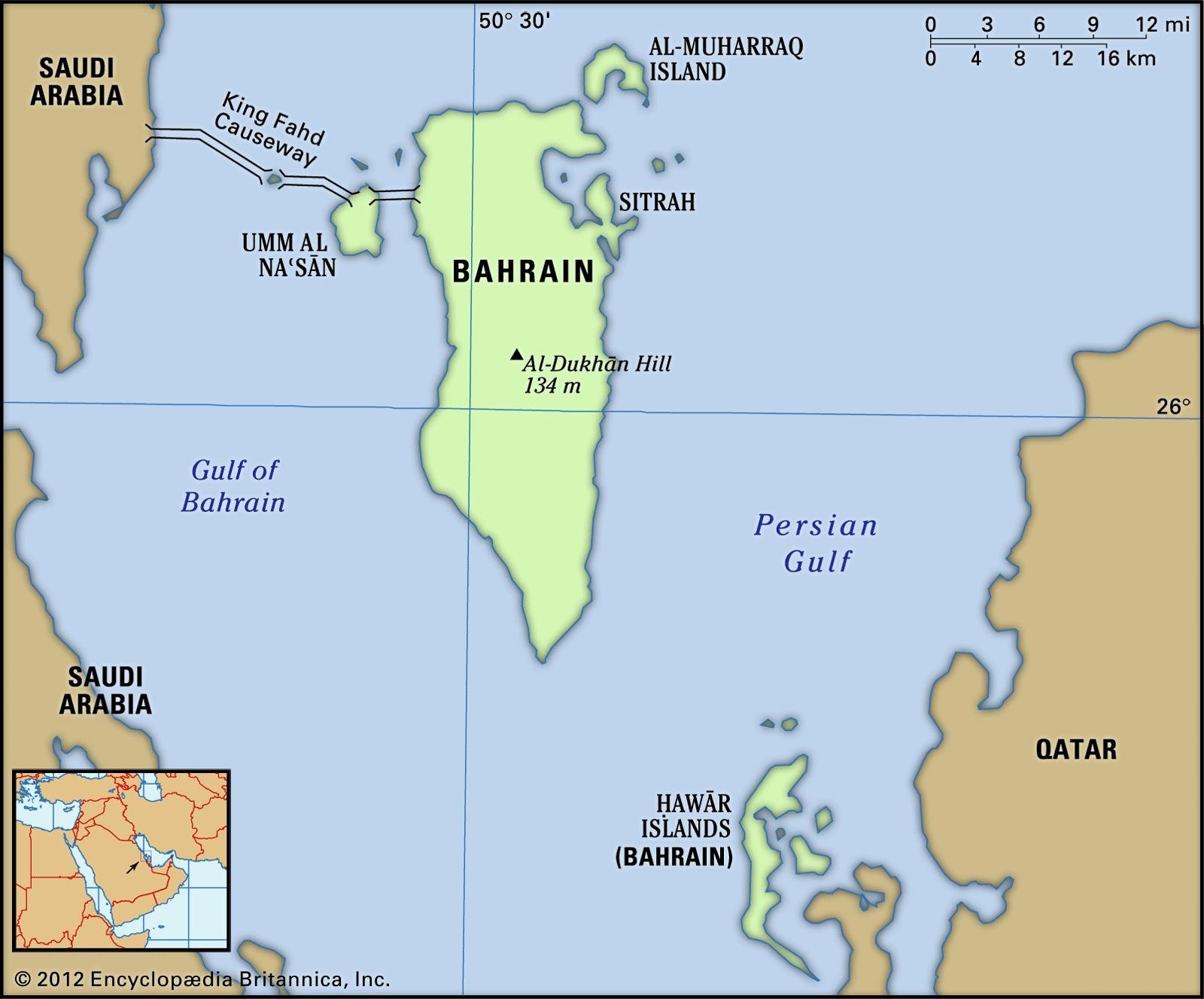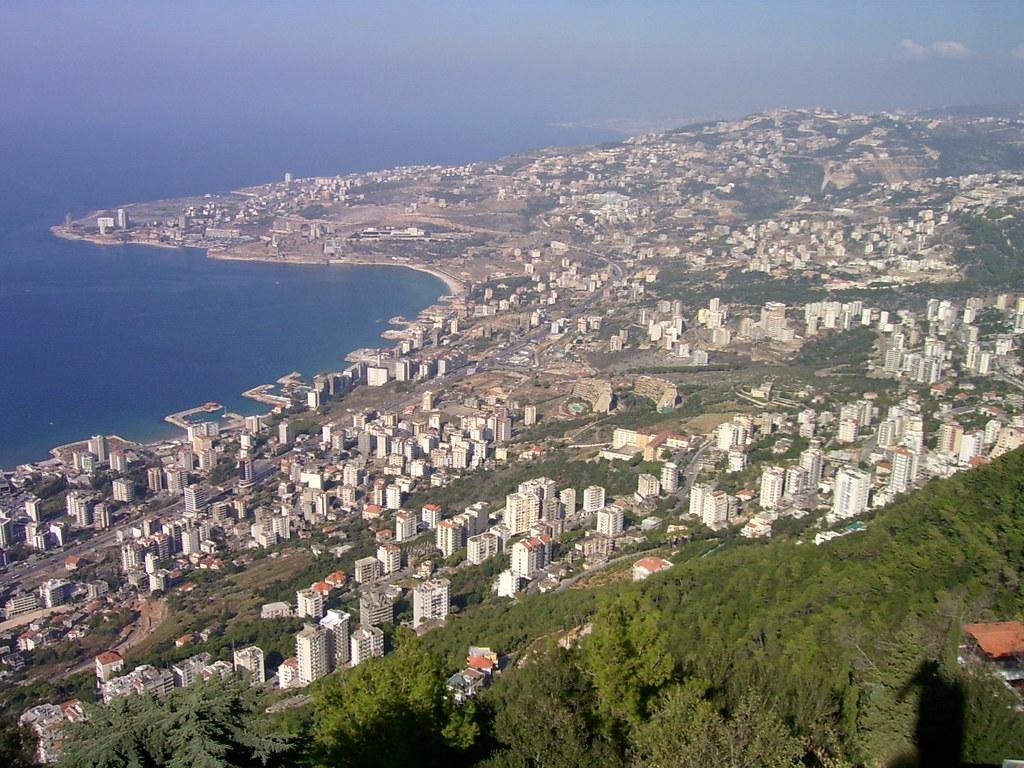Now Reading: East Timor (Timor-Leste)
- 01
East Timor (Timor-Leste)

East Timor (Timor-Leste)
Located in Southeast Asia, East Timor, officially known as Timor-Leste, is a small but culturally rich nation that holds a turbulent history and promising future. As one of the newest countries in the world, East Timor has made significant strides towards development since gaining independence in 2002. With its stunning natural landscapes, diverse population, and unique blend of cultures, East Timor offers a glimpse into a world that is both ancient and modern, making it a fascinating destination for travelers and a country worth exploring.
– Historical Background of East Timor
In April 1974, East Timor (Timor-Leste) became a Portuguese colony, and shortly after, it declared itself independent from Portugal on November 28, 1975. However, just nine days later, Indonesia invaded East Timor, leading to a brutal 24-year occupation. During this time, an estimated 200,000 to 250,000 East Timorese lost their lives due to violence, famine, and disease.
After a referendum in 1999 in which the East Timorese people voted for independence, Indonesia finally withdrew its forces from the territory. On May 20, 2002, East Timor officially became an independent nation, with Xanana Gusmão as its first president. Despite its tumultuous history, East Timor has made significant progress in rebuilding its infrastructure and establishing itself as a democratic nation in the years since gaining independence.

– Political Landscape and Governance in East Timor
The political landscape in East Timor, also known as Timor-Leste, has been shaped by a tumultuous history of colonization and conflict. Since gaining independence in 2002, the country has made significant progress in establishing a democratic system of governance. The government operates as a semi-presidential republic, with a President who is the head of state and a Prime Minister who is the head of government. The President is elected by popular vote for a five-year term, while the Prime Minister is appointed by the President, typically from the majority party in Parliament.
East Timor’s governance is characterized by a multi-party system, with the largest political parties being the Revolutionary Front for an Independent East Timor (FRETILIN) and the National Congress for Timorese Reconstruction (CNRT). The country faces challenges such as corruption, poverty, and youth unemployment, which have led to periodic political instability. Despite these challenges, East Timor has made strides in improving its economy and infrastructure, with a focus on diversifying its economy beyond oil and gas exports. The government has also made efforts to promote national unity and reconciliation among the diverse ethnic groups and regions within the country.
– Socio-Economic Development Challenges in East Timor
East Timor, officially known as Timor-Leste, faces various challenges in its socio-economic development that hinder the country’s progress. One major issue is the inadequate infrastructure, including roads, electricity, and access to clean water, which limit the country’s ability to attract investment and create economic opportunities. The lack of skilled labor and high levels of unemployment further exacerbate the situation, leading to a cycle of poverty and underdevelopment.
Additionally, East Timor struggles with political instability and corruption, which hinder efforts to implement effective policies and programs for sustainable development. Limited access to education and healthcare services also pose significant challenges to improving the overall well-being of the population. Addressing these complex issues requires a comprehensive and integrated approach that involves collaboration between the government, civil society, and international partners to create long-lasting solutions for a more prosperous future for the people of East Timor.
– Environmental Conservation Efforts in East Timor
East Timor is a small Southeast Asian country that is making significant strides in environmental conservation efforts. One of the key initiatives in the country is the establishment of protected areas to preserve its rich biodiversity. These protected areas help safeguard the diverse flora and fauna that call East Timor home, ensuring that these valuable resources are protected for future generations.
Another important aspect of environmental conservation in East Timor is the promotion of sustainable agriculture practices. By encouraging farmers to adopt techniques that reduce environmental impact, such as organic farming and agroforestry, the country is working towards a more sustainable future. Additionally, education and awareness campaigns are helping to instill a sense of environmental responsibility in the population, fostering a culture of conservation and stewardship.
– Future Prospects for East Timor’s Growth and Stability
East Timor, also known as Timor-Leste, has shown promising signs of growth and stability in recent years. One of the key factors contributing to this is the country’s rich natural resources, including oil and gas reserves. The government has been working on expanding and diversifying the economy to reduce its dependence on these non-renewable resources, which bodes well for the country’s long-term sustainability.
Additionally, East Timor’s strategic location in Southeast Asia presents ample opportunities for trade and investment. The government has been actively seeking foreign investment to boost infrastructure development and create jobs for the growing population. With a young and dynamic workforce, the country has the potential to attract industries such as tourism, agriculture, and technology, paving the way for a brighter future ahead.
In Summary
In conclusion, East Timor (Timor-Leste) is a fascinating and culturally rich country that has faced its share of challenges in its journey towards independence and development. Despite its tumultuous history, the resilient people of East Timor continue to strive for a better future. As one of the youngest nations in the world, it is a country that is worth exploring and learning more about. With its stunning landscapes, diverse cultures, and warm hospitality, East Timor offers a unique experience for travelers looking to venture off the beaten path. Whether you are interested in history, nature, or simply experiencing a new culture, East Timor has something to offer for everyone. So why not consider adding this lesser-known gem to your travel bucket list and discover the beauty of East Timor for yourself.











